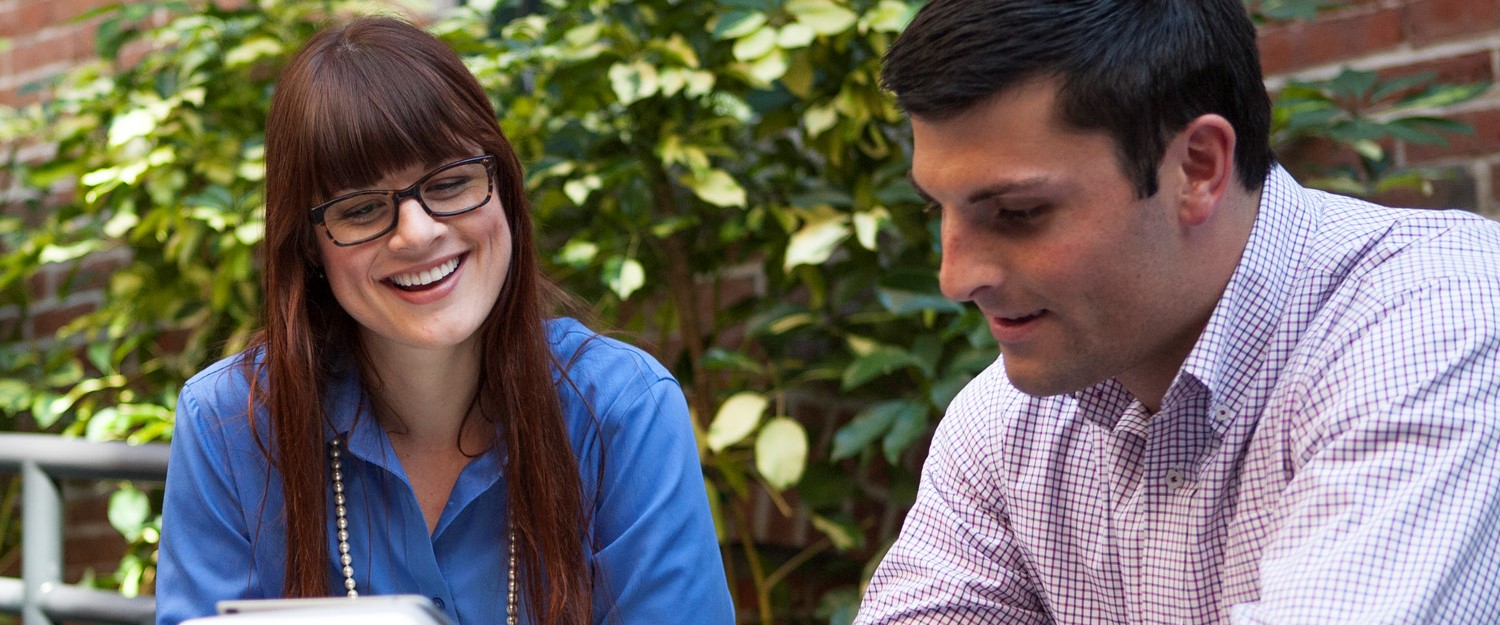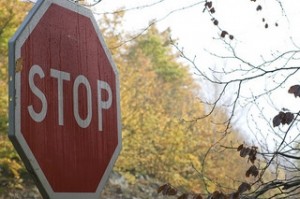
Why you should stop passing judgement on your team
You are having a team meeting and people are putting forward their ideas for dealing with a situation, just like you asked them to. You comment on one idea, “that’s a great idea”; to another, “that might work.” To the final idea, you listen, but say nothing at all.

We all pick up on signals like this. No matter how well-meaning the reactions to each idea were, everyone is now hesitant about making suggestions, knowing that each is going to be judged, in real time, right in front of everyone.
This kind of behaviour pushes people away from you. This kind of behavior can feed dis-engagement on your team, undoing all the good you are doing in so many other areas. This kind of behaviour is also well within our personal capacity to change.
Marshall Goldsmith, author of What Got You Here Won’t Get You There, suggests that you think of yourself as a human Switzerland for a week. Don’t take sides. Don’t express an opinion. Don’t judge. Just say “Thank You” in response to input you have solicited. Goldsmith says some interesting things will happen if you do this regularly.
-
You won’t have to think about this sort of neutral response; it will become automatic, as easy as saying, “bless you” when someone sneezes.
-
You will have dramatically reduced the hours you devote to contentious interfacing. When you don’t judge an idea, no one can argue with you.
-
People will gradually begin to see you as a much more agreeable person, even when you are not in fact agreeing with them.
Great managers and leaders solicit the input of many people. They know how to encourage people to share ideas and how to empower the group to come up with better results together than any person could have come up with on their own. Being non-judgemental is an important philosophy to keep in mind if you want to become a great manager or improve on the greatness you have already attained.